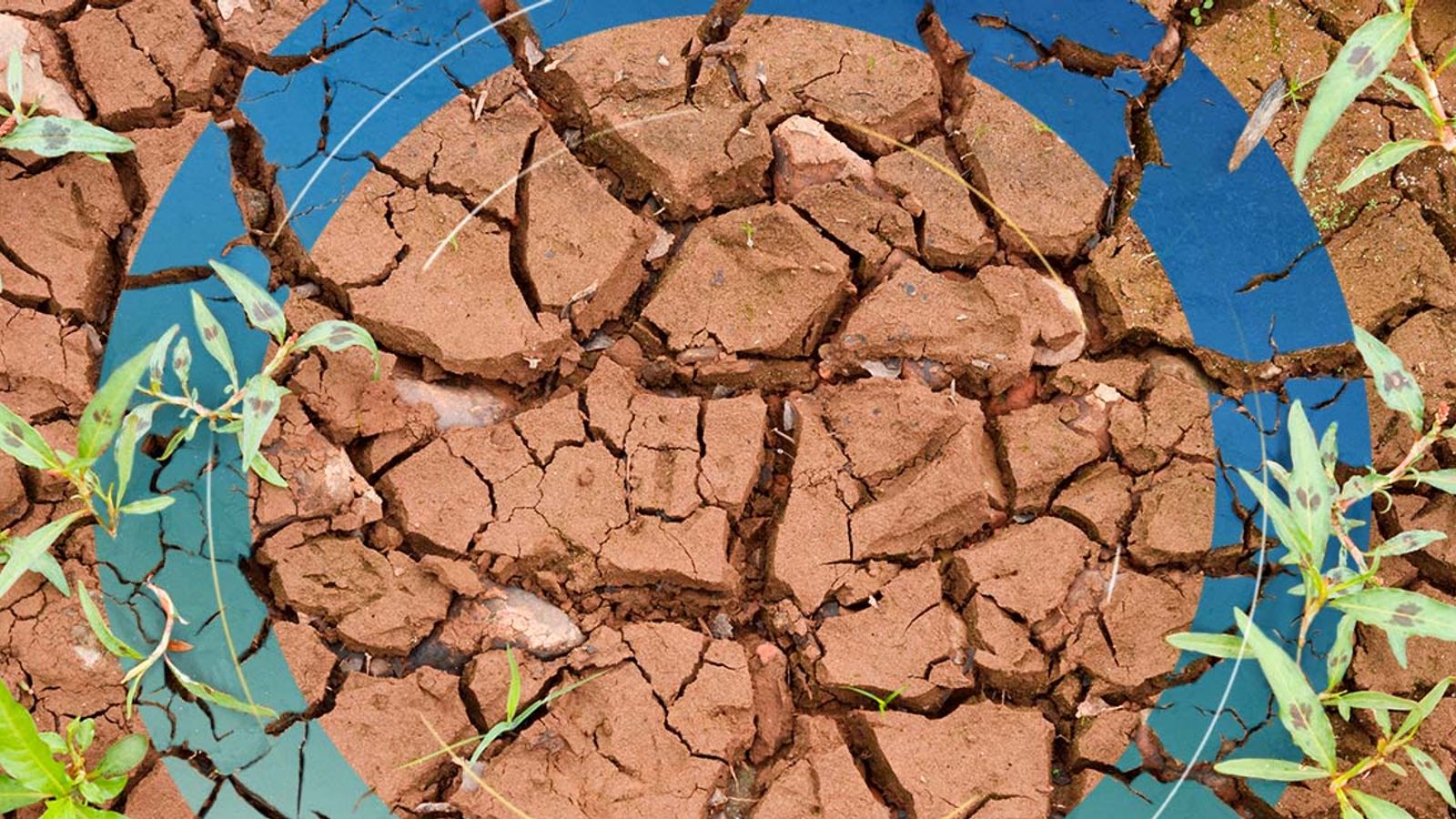A UN agency has warned the world is heading for a disastrous “climate catastrophe”, with nations “woefully” far from hitting their targets to reduce global warming.
There is a big gulf between the level of action countries are taking to tackle climate change and what is needed, the UN Environment Programme (UNEP) report shows.
The UN secretary general Antonio Guterres said that without urgent action the climate is set to rise by 2.8C from pre-industrial levels by the end of the century which would result in “economy-destroying levels of global heating”.
The time for fundamental change in the way people live has arrived as “only a root-and-branch transformation of our economies and societies can save us from accelerating climate disaster,” said UNEP executive director Inger Andersen.
The UNEP report said it would require swift changes to electricity supplies, industry, transport and buildings, as well as the preservation of natural landscapes, changes to diet and farming and removing carbon from food supply chains.
Between $4trn and $6trn a year in investments will be required to fund the transformation and the entire financial system must be reformed to accommodate this, according to the report.
Under the Paris Climate Accord set out in 2015, countries pledged to cut greenhouse gas emissions so global warming could be kept to below 1.5C-2C.
Global warming to exceed Paris target despite climate pledges – but increase is slowing
COP26 president Alok Sharma threatens to quit if new PM ditches net zero commitment
Climate change: Global warming ‘could reach 4C by end of this century’ after COP26 fell short of its aims, say experts
The agreement set out clear plans as to how countries could achieve the goal, but many have not yet put them into action, the report said.
Floods, storms, heatwaves and wildfires have already been ravaging the world as the impact of climate change takes hold – with temperatures currently up 1.26C from pre-industrial levels.
Read more:
2021: A year of some of the most extreme weather ever seen
Britain’s cities need radical design overhaul – or they will become unliveable
Climate change is making hurricanes more frequent and severe, scientists believe
Track global warming with our live counters
The future is likely to see further devastation as weather becomes more extreme, leading to crop and habitat destruction and, ultimately, extinction of species, if global warming is not limited to 2C.
Annual emissions must be lowered by 45% in the next eight years if the target of 1.5C is to be met, the UNEP report stated.
The UN’s COP26 climate summit in Glasgow last year was another chance for world leaders to meet and discuss how to reach the 1.5C goal.
Yet the climate plans submitted since the conference are projected to reduce greenhouse gas emissions by the equivalent of 0.5 billion tonnes of CO2 a year by 2030, which is less than 1% of the 58 billion tonnes expected to be emitted annually by that point, the report said.
So far, greenhouse gas reduction plans submitted by countries around the globe will mean the world falls well short of its target.
The UNEP document said pledges that result in a further cut of 20-23 billion tonnes annually by 2030 will required in order to meet the 1.5C target.
Even to stay within the 2C bracket, pledges resulting in 12-15 billion fewer tonnes a year being released into the atmosphere by 2030 will be needed, the report added, ahead of the upcoming COP27 in Sharm El Sheikh, Egypt.
Ms Andersen said: “This report tells us in cold scientific terms what nature has been telling us, all year, through deadly floods, storms and raging fires: we have to stop filling our atmosphere with greenhouse gases, and stop doing it fast.
“We had our chance to make incremental changes, but that time is over. Only a root-and-branch transformation of our economies and societies can save us from accelerating climate disaster.”
“It is a tall, and some would say impossible, order to reform the global economy and almost halve greenhouse gas emissions by 2030, but we must try”, she added.





